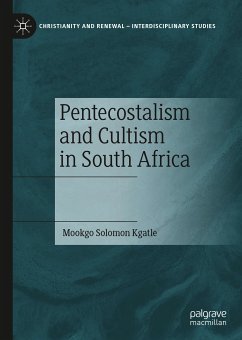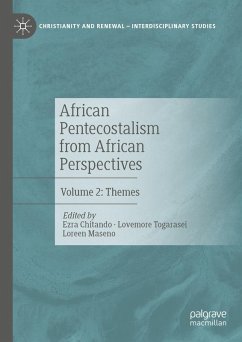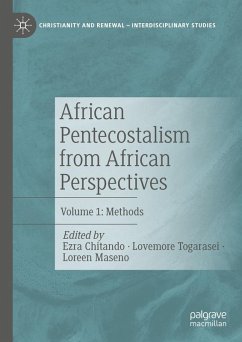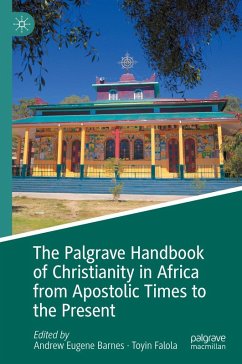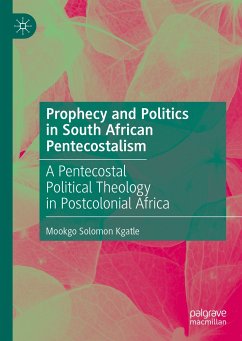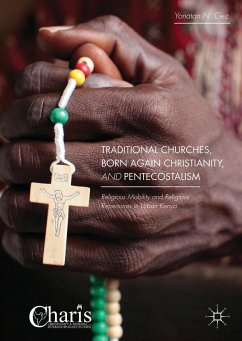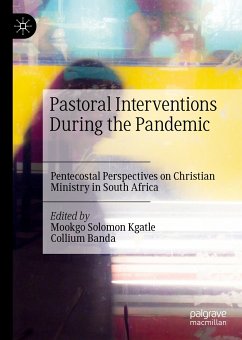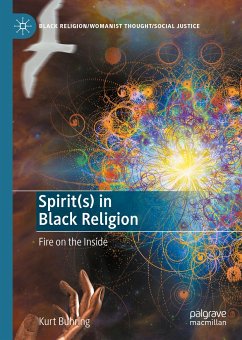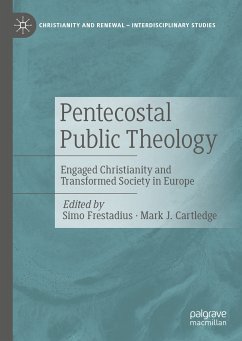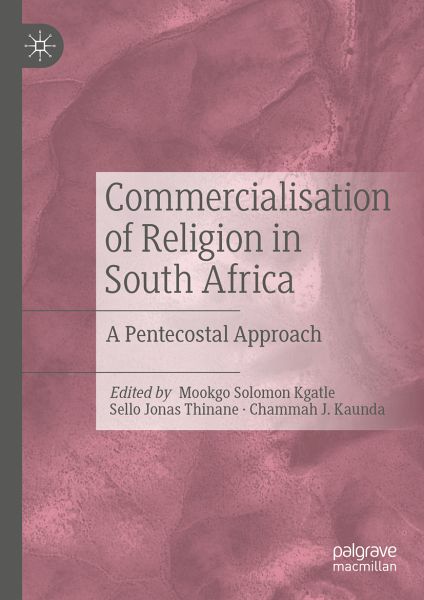
Commercialisation of Religion in South Africa (eBook, PDF)
A Pentecostal Approach
Redaktion: Kgatle, Mookgo Solomon; Kaunda, Chammah J.; Thinane, Jonas Sello
Versandkostenfrei!
Sofort per Download lieferbar
112,95 €
inkl. MwSt.
Weitere Ausgaben:

PAYBACK Punkte
56 °P sammeln!
Aspects of the 2017 Final Report of the South African Commission on the Promotion and Protection of the Rights of Cultural, Religious and Linguistic Communities (CRL) have drawn strong criticism, particularly from South African scholars, politicians and the public. The criticism is largely regarding the constitutionality of its recommendation, which calls for regulation of the Religion to combat its abuse and commercialization. Scholars have criticized the CRL Rights Commission for hastening its investigation and releasing the final report without having a substantive understanding of what is ...
Aspects of the 2017 Final Report of the South African Commission on the Promotion and Protection of the Rights of Cultural, Religious and Linguistic Communities (CRL) have drawn strong criticism, particularly from South African scholars, politicians and the public. The criticism is largely regarding the constitutionality of its recommendation, which calls for regulation of the Religion to combat its abuse and commercialization. Scholars have criticized the CRL Rights Commission for hastening its investigation and releasing the final report without having a substantive understanding of what is meant by the commercialization of religion, and consequently the unconstitutional implications of the recommendation, to regulate religion. A close reading of this critique has pointed to the urgent need to assemble a cumulative body of research that examines and advances understanding of what is meant by the commercialization of religion. Accordingly, this book gathers scholarly contributionswhich offer valuable insights into the basics of what is meant by the commercialization of religion. Contributors examine this phenomenon from the historical roots to the manifestation in the contemporary world, particularly in South Africa.
Dieser Download kann aus rechtlichen Gründen nur mit Rechnungsadresse in A, B, BG, CY, CZ, D, DK, EW, E, FIN, F, GR, HR, H, IRL, I, LT, L, LR, M, NL, PL, P, R, S, SLO, SK ausgeliefert werden.



